Do you want to transform your passion for podcasting into a profitable venture? If yes, you’re in the right place. This blog post will equip you with different monetization methods and you’ll know how to make money with a podcast.
I’m Niall Mackay, The Podcast Guy. Now I’m a Podcast host for Seven Million Bikes Podcast.
I started my first podcast, A Vietnam Podcast, with great enthusiasm and passion for sharing knowledge and connecting with other people. But as I invested deeper into the world of podcasting, I realized that there was an opportunity to turn my passion into a source of income. The idea of doing what I love and earning a living from it became an enticing prospect.
Gone are the days when podcasting was solely a hobby or a means of self-expression. Now, it can be a lucrative business venture that offers both creative fulfillment and financial rewards.

When To Start Monetizing
It’s crucial to focus on building a strong foundation for your podcast first. Prioritize creating high-quality content, growing your audience, and establishing a loyal listener base. When you have a solid following and engagement, it’s a good indication that your podcast is ready for monetization.
Ensure that you have the capacity and commitment to deliver regular episodes consistently before diving into monetization. Building a reliable schedule and maintaining a consistent presence will attract advertisers and sponsors.
Monetizing your podcast requires additional time, effort, and management. Assess your own readiness and availability to take on the responsibilities that come with monetization. Be prepared to invest time in marketing, sponsorships, or managing paid offerings.
Ultimately, the right time to start monetizing your podcast will depend on your content and audience development, sustainability, and personal readiness. Remember to find the right balance between organic growth and introducing monetization to ensure a successful and sustainable podcast journey.
Podcast Monetization- Factors To Consider
Making money from a podcast can indeed be challenging, especially in the early stages. It’s important to set realistic expectations and understand that building a successful and profitable podcast takes time and effort.
During the initial months, it’s not uncommon to earn only a few dollars or even nothing at all, as you’re still in the process of growing your listener base and attracting supporters.
Therefore, it’s crucial to focus on producing high-quality content, refining your podcasting skills, and actively promoting your show to attract more listeners.

Audience Size And Engagement
A larger podcast audience provides more opportunities for monetization. Focus on strategies to increase your podcast’s reach, such as optimizing your show’s discoverability, promoting episodes on social media, collaborating with other podcasts, and leveraging your guests’ networks.
Engaged listeners are more likely to respond to monetization efforts. Encourage audience interaction through Q&A segments, listener feedback, and community-building activities like forums or social media groups. Engaged listeners may be more receptive to sponsor messages or purchasing merchandise.
Target Audience And Niche
Identify your niche audience first. Determine who your podcast is designed for and create content that resonates with their interests and needs. This helps attract sponsors and advertisers who want to reach that specific demographic.
Having a niche podcast can make you stand out and attract a dedicated audience. Advertisers may be more interested in partnering with podcasts that have a specific focus as it allows them to target their marketing efforts more effectively.
Content Quality and Consistency
Invest in good audio equipment, editing software, and professional editing to ensure your podcast episodes has excellent sound quality. Poor audio can deter podcast listeners and potential sponsors.
Engage your audience with high-quality content, interesting guests, and thought-provoking discussions. Create an emotional connection with your listeners to keep them coming back for more.
Regularly release episodes on a consistent schedule to build trust and keep your audience engaged. Consistency helps retain listeners and attract sponsors who want their messages to reach a reliable and consistent audience.
Podcast Monetization Methods
Explore various ways to make money from a podcast that align with your podcast’s goals and target audience. Common options to monetize a podcast include sponsorships, advertising, using affiliate links, merchandise sales, premium subscriptions, crowdfunding, live events, and brand partnerships. Consider which strategies are most suitable for your podcast and experiment with different approaches to diversify your revenue streams.
Branding And Professionalism
Strong brand identity: Develop a visually appealing podcast logos, and consistent branding across all platforms. A well-designed brand identity enhances professionalism and attracts potential sponsors.
Professional presentation: Maintain high-quality audio production standards, create engaging episode descriptions, and optimize your podcast’s website and social media profiles for a polished and professional image.
Networking And Industry Relationships
Attend industry events, join podcasting communities, and engage with fellow podcasters on social media. Networking can lead to collaboration opportunities, cross-promotion, and insights into effective monetization strategies.
Industry relationships: Build relationships with other successful podcast hosts, sponsors, podcast advertising networks, and industry professionals. Engaging in conversations and establishing connections can lead to potential monetization opportunities or valuable advice.
Marketing And Promotion
Besides Podcast platforms like Apple podcasts or Spotify, use different social media platforms to share exclusive content, behind-the-scenes glimpses, episode teasers, and interact with your audience.
Seek opportunities to be a guest on popular interview podcasts to expand your reach and attract new listeners to your own podcast show. Collaborate with other podcasters in your niche to promote each other’s shows and tap into each other’s audiences.
Partner with influencers or relevant content creators who have an established audience to promote your new podcast, and attract potential sponsors.
Consider running paid podcast ads on social media or podcasting platforms to reach a wider audience and attract potential sponsors.

Patience and Persistence
Understand that monetizing a podcast takes time: It’s important to have realistic expectations and understand that building a successful revenue stream from your podcast can take months or even years.
Stay consistent and committed: Continuously produce high-quality content, refine your monetization strategies, and adapt to changes in the industry. Persistence, patience, and a growth mindset are essential for long-term success.
By considering and implementing these factors effectively, you can optimize your podcast’s monetization potential and create multiple revenue streams. Remember, it may take time and experimentation to find the right mix of strategies for your podcast, but with persistence and dedication, you can achieve your monetization goals.
Podcast Monetization Methods- For Beginners
Here are some monetization tools that help you have multiple revenue streams. Start with methods like affiliate marketing, donations, and online courses, which require minimal investment and can help you generate some income in the early stages.
Podcast Sponsorships and Advertising
Podcast sponsorship and advertising are some of the most common ways podcasters think they will make money from their show.
It involves partnering with brands or advertisers who are willing to promote their products or services to the podcast audience in exchange for payment. This monetization tool relies on the podcast’s ability to attract a significant and engaged listener base.
Advertisers use the CPM model, paying only $18 per 1,000 downloads.
A recent article on SkyNews [Podcasting boom may have peaked as big tech is sound for the pounds] shared that it is estimated the top 1% of podcasts account for around 99% of podcast downloads.
This means the majority of advertising income is going to the top podcasters. Not the little guys like you and me.
Therefore I do not recommend this as your primary goal to make money podcasting.
To find out the best way to monetize a podcast listen to my episode of Smarter Podcasting with Adam Schaeuble.
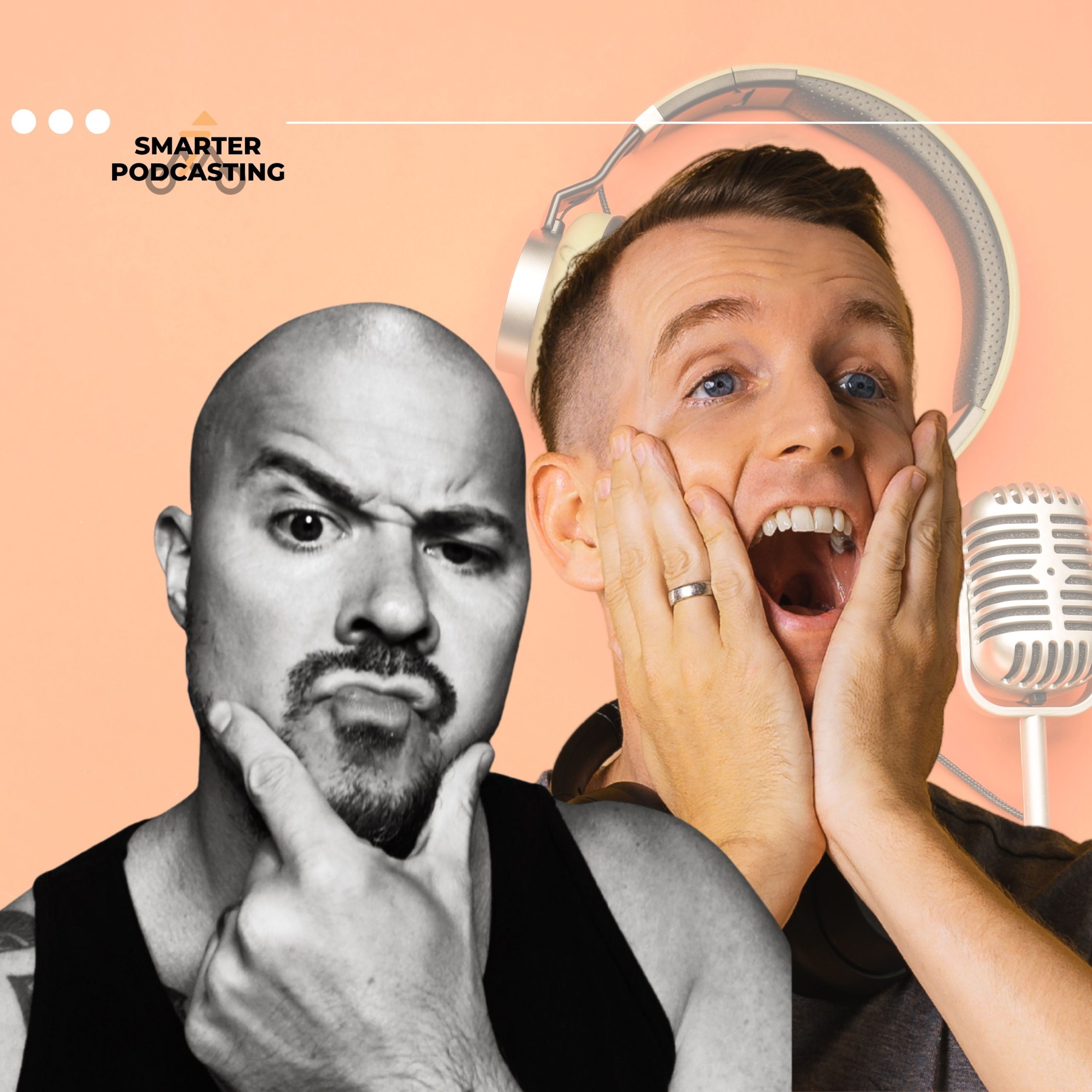
Pros
It can provide significant revenue, especially with high listener numbers. Offers a consistent income stream if you secure long-term partnerships. Allows you to align with brands relevant to your podcast.
You just need minimal investment, mainly focused on building an audience and creating ad spots.
Cons
This method requires a sizable and engaged audience to attract sponsors. May disrupt the listening experience if not implemented carefully. Finding sponsors can be time-consuming and competitive.

Affiliate Marketing
Affiliate marketing is a popular way for podcasters to make money from a podcast by promoting products or services of other businesses.
I am doing some affiliate sales too. When you have a product or merchandise to recommend, get an affiliate link for this.
You can also include these links to your show notes, your descriptions on your website your social media pages. Your listeners trust your recommendations, so be selective and promote only what you genuinely believe in. Building trust is essential for long-term success in podcast monetization.
Join affiliate programs offered by companies or affiliate networks that align with your podcast’s niche. These programs provide you with unique affiliate links or promo codes that track your referrals and ensure you receive credit for any resulting sales or actions.
Pros
- This method offers a passive affiliate income. It allows you to promote products or services you genuinely believe in.
- They can be integrated seamlessly into your content.
Cons
- Earnings may vary depending on the number of conversions.
- Requires ongoing research and promotion to find affiliate programs.
- It may require disclosure and careful handling to maintain transparency.
Note
When monetizing your podcast, it’s important to strike a balance between generating revenue and maintaining a positive listener experience. Maintain your authenticity and integrity as a podcast host.
Avoid endorsing products or services solely for financial gain if they don’t align with your values or benefit your audience. It would be a spammy podcast episode if you include as many links as possible, but they aren’t relevant to your content.
Donation
There are various options available, such as Patreon, Ko-fi, Buy Me a Coffee, or even integrating a donation button on your website.
You can offer different donation levels or tiers to give your audience flexibility in choosing how much they want to contribute. For example, you can offer one-time donations, monthly subscriptions, or even exclusive benefits for donors at higher tiers.
Show appreciation to your donors by publicly acknowledging them on your podcast, website, or social media platforms. Consider offering special perks, such as early access to new episodes, bonus episodes, or personalized shout-outs, as a way to express gratitude.
Pros
- Provide a direct way for your listeners to support your podcast financially. It creates a sense of community and connection between you and your listeners.
- Setting up a donation platform can be done quickly, and there are various user-friendly platforms available that handle the payment process, making it easy for listeners to contribute.
Cons
- Relying solely on crowdfunding may not generate consistent or substantial income. Continuously providing premium content or perks to donors can be time-consuming.
- Maintaining a consistent stream of donations can be challenging, as it requires ongoing engagement and communication with your audience.
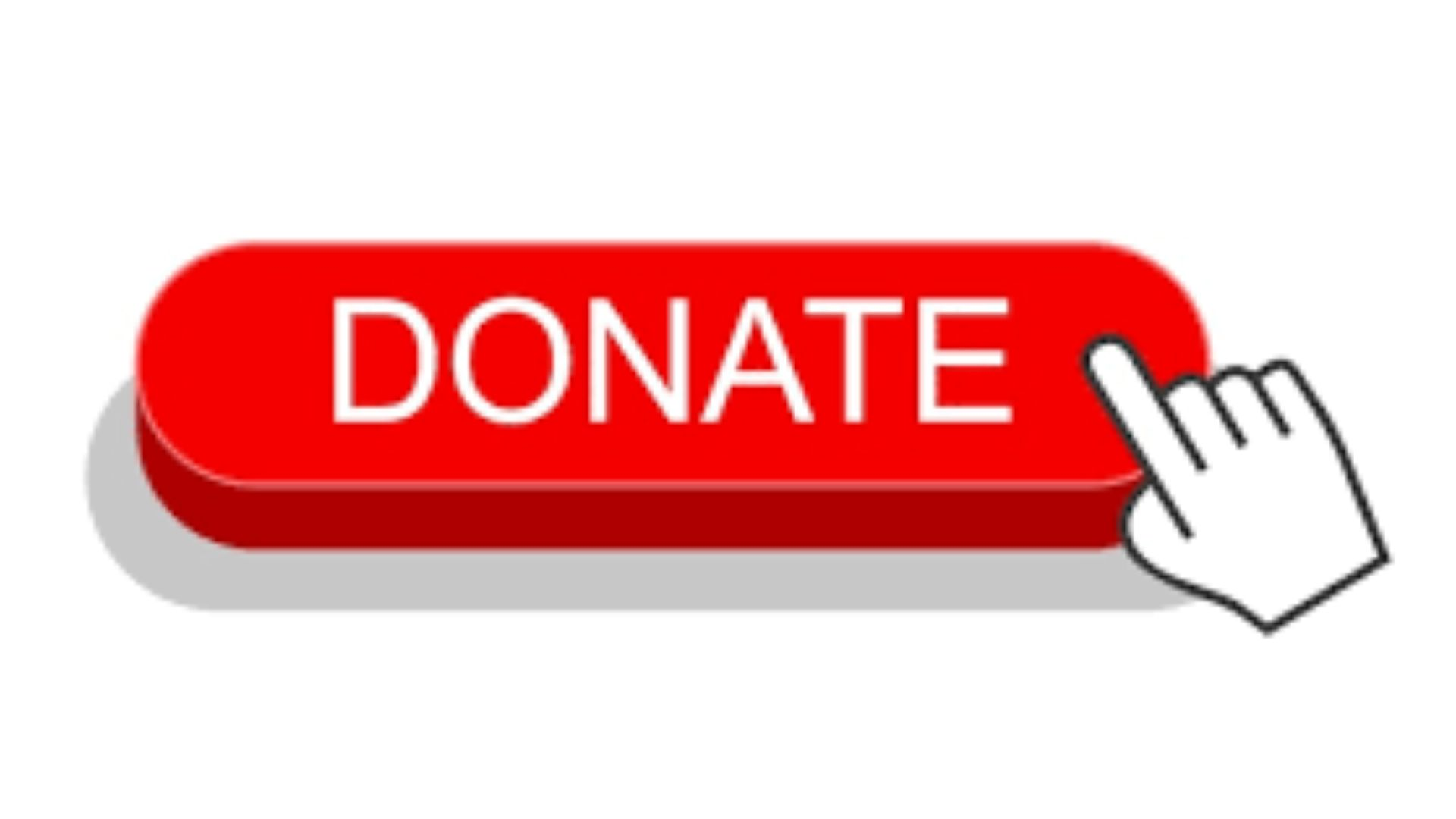
Online courses
I’m a podcaster, but I’m a teacher as well so I design my own online course to teach people how to start their own podcast. Creating and selling online courses provides an opportunity to generate revenue while delivering valuable educational content.
Here Is My Course: How To Start Your Podcast | Best Podcast Course For Beginners In 2023
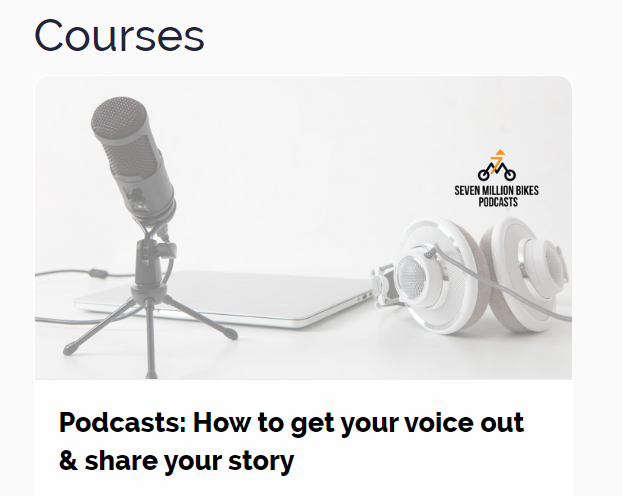
Provide avenues for student support, such as a discussion forum, email support, or live Q&A sessions. Offer personalized feedback on assignments and encourage interaction among students to foster a sense of community and engagement.
Pros
- Once the course is created and launched, it can continue to generate revenue without requiring ongoing time and effort.
- Creating an online course allows you to further showcase your expertise and position yourself as a go-to resource in your field.
Cons
- Building and launching an online course may require technical skills or the assistance of a course platform.
- You’ll need to invest time and effort into marketing and promoting your course to reach your target audience.
Continuously gather feedback from your students to improve the course content and delivery. Implement necessary changes based on their input and adapt your course to meet the evolving needs of your audience.
Podcast Monetization Methods- Established Podcast
When having a reputation and audience base, premium subscriptions, live events, consulting services, and book publishing are some strategies that can help you make money from podcasting.
Consulting Service
Determine the scope of your consulting services and the specific deliverables you will provide to clients. This may include one-on-one coaching sessions, strategy development, personalized feedback, and recommendations, or in-depth podcast audits.
You can start with free service first to assess the audience’s needs, establish rapport, and demonstrate the value you can provide.
Pros
- Building long-term relationships with clients can lead to repeat business, referrals, and even potential collaborations in the future.
- Consulting allows you to work closely with clients, providing tailored advice and solutions to their unique challenges.
Cons
- It requires dedicating time and effort to each client, including preparation, sessions, and follow-up communications.
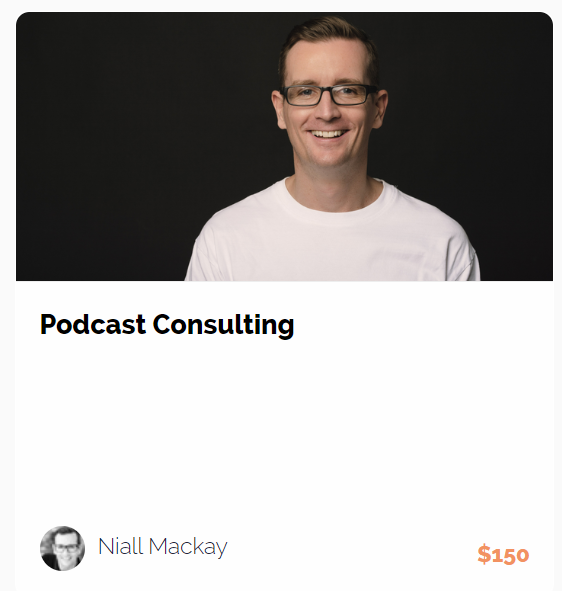
Branded Merchandise
By creating and selling merchandise that features your podcast elements, you can generate additional revenue while fostering a sense of community among your listeners. They can be T-shirts, caps or journals that contain your logo, slogan, or catchphrases.
Determine the pricing for your branded merchandise by considering factors such as production costs, profit margins, and market competition.
Use your branded merchandise as a means to foster a sense of community among your listeners. Encourage them to share photos of themselves wearing or using your merchandise on social media, create contests or giveaways with merchandise as prizes, and recognize and feature loyal supporters.
Pros
- Selling branded merchandise can generate additional revenue and help promote your podcast. It can also enhance the sense of community among your listeners.
- Merchandise serves as a walking advertisement for your podcast. When your listeners wear or use your branded items, they help promote your show to a wider audience.
Cons
- Creating and managing merchandise requires time and effort, from designing products to setting up an online store and handling inventory or working with print-on-demand services.
Live Event and Workshop
It’s generally recommended to wait until your podcast has gained a significant following and a dedicated audience. If you consistently receive inquiries or suggestions from your audience about hosting live events or workshops, it may be a sign that there is demand for such experiences.
Live events and workshops provide an excellent opportunity for podcasters to create unique experiences, build stronger connections with their audience, and generate revenue outside of traditional podcast monetization methods.
Develop a compelling content plan for your live event or workshop. Identify key topics, themes, or speakers that align with your podcast’s niche and audience interests. Incorporate interactive elements such as Q&A sessions, audience participation, group activities, or hands-on exercises to enhance engagement.

Pros
- Live events allow you to build personal connections with your audience, fostering stronger relationships and a sense of community.
- Ticket sales, sponsorship deals, and merchandise sales at live events can generate significant revenue for your podcast.
Cons
- Live events require upfront investments in venue rental, equipment, marketing, and logistics.
Podcast Subscriptions
The podcast Subscription model involves offering exclusive content or additional perks to listeners in exchange for a recurring subscription/ monthly fee. Podcasters can create different subscription tiers with varying levels of benefits and bonus content. These tiers can be based on different price points, offering different levels of access or additional features to subscribers.
Podcasters can leverage existing platforms like Patreon, Supercast, or their own website to manage subscriptions and deliver exclusive content to subscribers.
It’s important to balance between providing enough high-quality free content to attract new listeners and enticing unique content to convert them into paying subscribers. Maintaining a strong free offering while providing additional value to subscribers is key.
Pros
- Provides a steady and predictable income stream for podcasters.
- This closer connection with the audience fosters engagement, as subscribers feel more invested in the podcast and its success.
Cons
- Requiring listeners to pay for content may deter some potential listeners who are not willing to pay for podcasts or are hesitant to commit to a subscription.
- Retaining subscribers over the long term requires consistently delivering high-quality content, engaging with your audience, and offering ongoing value to justify the recurring fee.
Books- Ebooks Publication
Books and e-book publishing can be a profitable monetization method for podcasters looking to leverage their expertise, reach a broader audience, and generate additional income.
Consider your level of expertise and the depth of knowledge you can offer through a book. It’s crucial to establish yourself as an authority in your niche before publishing a book.
But it’s generally advisable to have a sizable and engaged audience before venturing into book publishing. This ensures that there is already a demand for your content and a potential reader base. Focus on growing your podcast listeners and building a strong community before considering book publication.
Pros
- Books and e-books have the potential to reach a wider audience beyond your podcast listeners. They can attract readers who may not be familiar with your podcast but are interested in your topic or niche.
- Unlike podcast episodes that are typically consumed in a serial format, books and e-books offer evergreen content that can be enjoyed by readers for years to come.
Cons
- Writing a book or e-book is a significant undertaking that requires dedicated time, effort, and discipline.
- The book market is highly competitive, with numerous authors and publishers vying for readers’ attention. Standing out and gaining traction can be challenging, especially in saturated genres or niches.
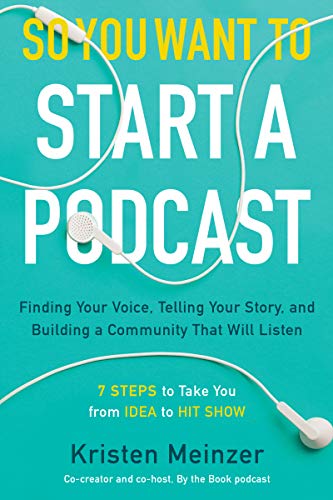
Podcast Monetization Methods- Conclusion
Finding the right monetization method(s) for your podcast may require some trial and error. Be open to trying different approaches, analyzing their effectiveness, and adapting accordingly. Keep in mind that earning money from a podcast is not only about financial gain but also about the fulfillment of sharing your passion, knowledge, and insights with others.
For beginners, it’s essential to focus on building a loyal listener base and establishing your podcast’s presence before diving into more advanced monetization tools.
Experienced podcasters have the advantage of an established audience and reputation, allowing them to explore more diverse and lucrative monetization avenues.
By analyzing your audience and the podcast’s popularity, you can make informed decisions about which monetization method(s) align best with your podcast’s goals, listeners, and content.
However, it’s crucial to maintain a balance between benefiting financially and staying true to the core value you deliver to your audience. Avoid overwhelming your listeners with excessive ads or compromising the quality of your content. Your audience should always be at the forefront of your decisions.


